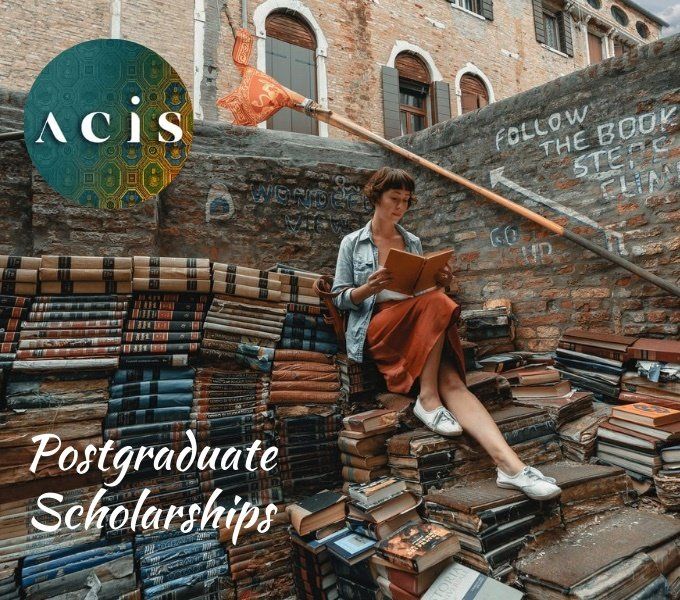Vale, Giorgio Orelli (1921-2013)
Theodore Ell University of Sydney
 Italian literature has lost a unique and much loved voice, with the death this morning of Swiss poet Giorgio Orelli, at the age of 92. Orelli was born in 1921 in Airolo, in the Canton of Ticino, and made his debut as a poet with the collection Né bianco né viola
in 1944. He studied at Freiburg im Breisgau under Gianfranco Contini and made a career teaching literature in Switzerland and Italy. He published fiction ( Un giorno della vita
, 1960) and criticism (most recently La qualità del senso
, in 2012), but it was in the domain of poetry that he produced his most inspired work, in collections that displayed his gift for rich, concentrated and emotional descriptions of nature: L’ora del tempo
(1962), Sinopie
(1977), Spiracoli
(1989), Il collo dell’anitra
(2001) and most recently L’orlo della vita
.
Italian literature has lost a unique and much loved voice, with the death this morning of Swiss poet Giorgio Orelli, at the age of 92. Orelli was born in 1921 in Airolo, in the Canton of Ticino, and made his debut as a poet with the collection Né bianco né viola
in 1944. He studied at Freiburg im Breisgau under Gianfranco Contini and made a career teaching literature in Switzerland and Italy. He published fiction ( Un giorno della vita
, 1960) and criticism (most recently La qualità del senso
, in 2012), but it was in the domain of poetry that he produced his most inspired work, in collections that displayed his gift for rich, concentrated and emotional descriptions of nature: L’ora del tempo
(1962), Sinopie
(1977), Spiracoli
(1989), Il collo dell’anitra
(2001) and most recently L’orlo della vita
.
Orelli’s poetry may be compared justly with that of Sweden’s Tomas Tranströmer and with that of the late Seamus Heaney (1939-2013). With Tranströmer he shares a sense of the fleeting, uncanny and wordless meaning that seems to emanate from nature – a meaning that human beings, in our heady, over-conscious fretting over trivia, can all too easily miss. Brown butterflies, so common they are usually dismissed, suddenly and radiantly recall the depth of the poet’s love for his wife:
né tu né io quest’anno ci saremmo
ricordati del nostro anniversario
se d’improvviso riaprendosi, prima
di volar via, l’una non avesse,
e l’altra e l’altra, un attimo, mostrato
un 8 limpidissimo, arancione.
More often than not, however, such encounters are not blissful, but quietly menacing. Humanity is so detached from nature that the messages all around are now incomprehensible. The human figures in Orelli’s landscape – hunters, farmers, trekkers – blunder on about their business, heedless of the distress they cause in their surroundings and bewildered when suddenly nature interferes with their plans. Rain comes over the fields like an assault, hunters feel their guns suddenly turned aside, birds that were targets a moment ago take flight in disturbing, shrieking formations. All is not well in Eden: Switzerland may be a sanctuary for people, but for Orelli that relief from social strife focuses the deeper, more essential alienation from the world on which people depend. Indeed, the silent aggression that seems to brood beneath the surface of so many of his natural scenes suggests that nature may now consider humanity an intruder, an aberration that must be cleared out.
But there is always a spark of hope. With Seamus Heaney, Orelli shares an attachment to home ground, a belief that the details and memories of one’s original places (childhood homes, familiar haunts) hold sufficient power to keep the imagination fresh, and the senses and conscience alert to changes in the fabric of one’s setting. The redress to the imbalances in the sanctuary lies in remembering its instinct of nurturing and keeping; in looking past its almighty powers to punish and destroy (the avalanche, the predator, the storm) to its one great power to embrace. This conviction that the sanctuary endures underwrote Orelli’s poetry from a very early stage. In “Carnevale a Prato Leventina” ( L’ora del tempo , 1962), a black and jaded day cannot repress the contentment the old men of the village feel at simply being where they are, where they have always been, the young men they once were still kept gladly in their old bodies, surely to fade away consoled:
I ragazzi nascosti nei vecchi
che hanno teste pesanti e lievi gobbe
entrano taciturni nelle case
dopocena: salutano con gesti
rassegnati.
Li seguo di lontano,
mentre affondano dolci nella neve.
Now, Giorgio Orelli, their distant follower, has himself come to the place where outlines blur, to pass into the blank softness of a Swiss winter. With him goes a rich and rare link to a season of modern Italian lyric poetry. He lived and wrote in the time of Ungaretti, Montale, Sereni, Saba, Pasolini, Zanzotto, travelling further into the valleys they opened, and turning their concentrated way with the Italian language to enriching the Italian perception of nature, the canvas on which so much human drama has left unthinking and regrettable marks. Orelli’s poetry laments humanity’s divorce from its roots, but his outlook was essentially a reassuring one. In reading his poetry we find that nature’s self-possession has much to tell us about redressing our own alienation, both from it, and from each other. Addio, Giorgio Orelli. Ci mancherai.
Share this:
- Share on Tumblr
- </div></li><li class="share-end"/><li class="share-reddit"><div class="reddit_button"><iframe src="https://www.reddit.com/static/button/button1.html?newwindow=true&width=120&url=https%3A%2F%2Facis.org.au%2F2013%2F11%2F10%2Fvale-giorgio-orelli-1921-2013%2F&title=Vale%2C%20Giorgio%20Orelli%20%281921-2013%29" height="22" width="120" scrolling="no" frameborder="0"/></div></li><li class="share-end"/></ul></div></div></div></div></div> <div id="jp-relatedposts" class="jp-relatedposts"> <h3 class="jp-relatedposts-headline"><em>Related</em></h3> </div></div> </div>








